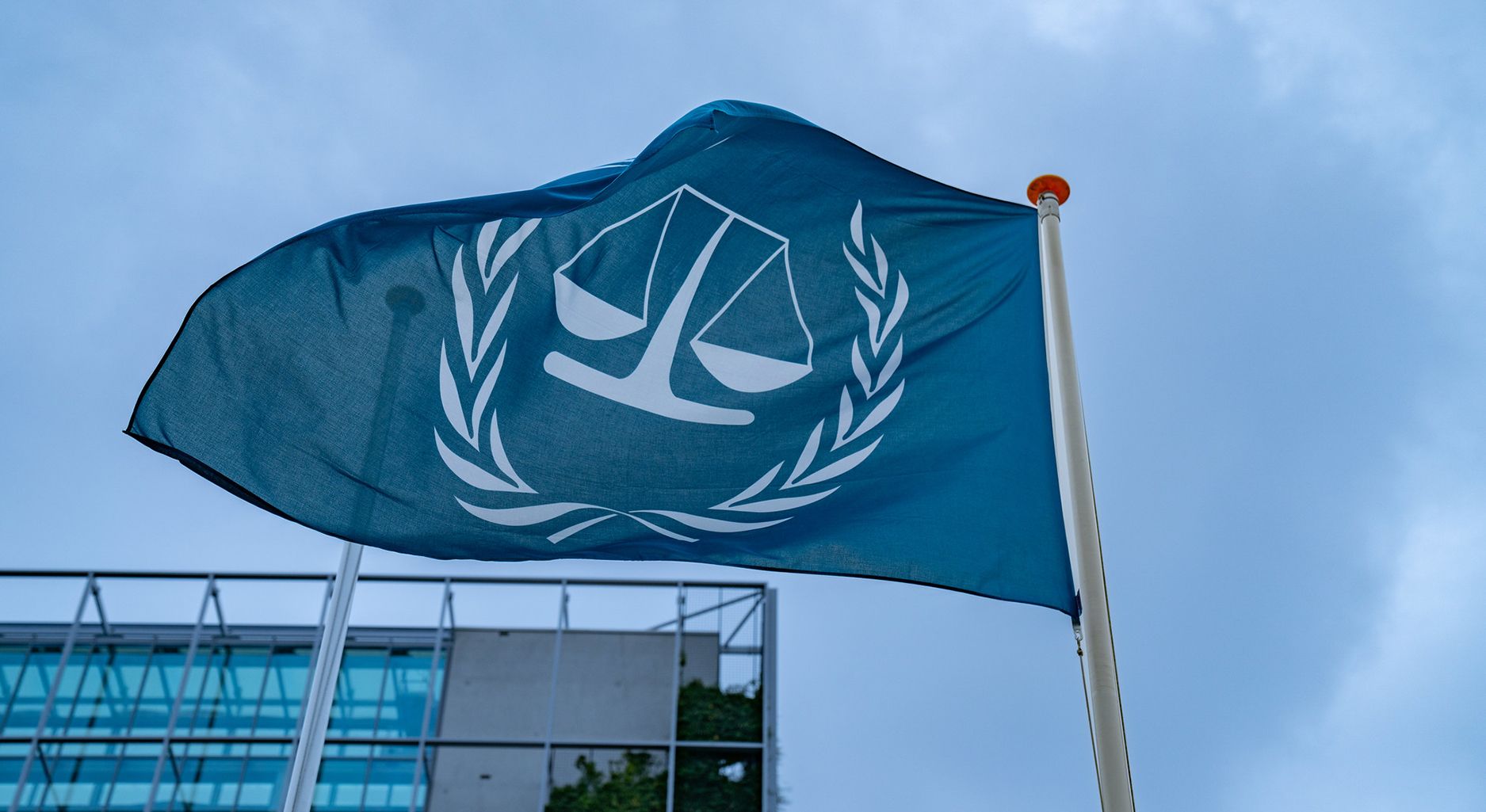
English15. Mai 2025 | Elisabeth Hoffberger-Pippan
Justice for Ukraine: The Case for a Special Tribunal on the Crime of Aggression
On May 9th, 2025, an international coalition of almost 40 states, senior legal experts of the European Commission, the European External Action Service, the Council of Europe, and Ukraine, together officially endorsed the creation of a Special Tribunal for the Crime of Aggression against Ukraine. This represents a significant step toward holding Russia accountable for its illegal war and violations of international law. This blog post seeks to examine in greater detail the development,…